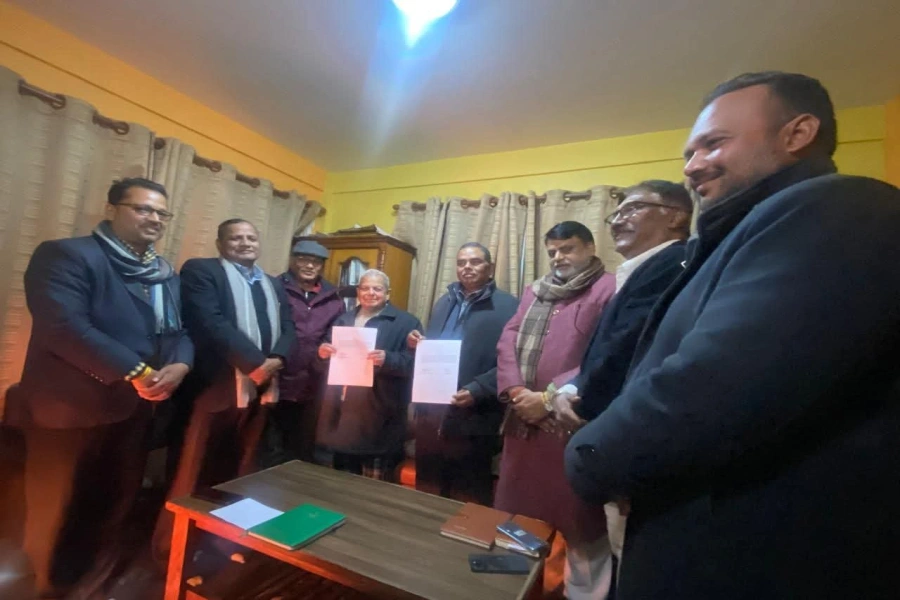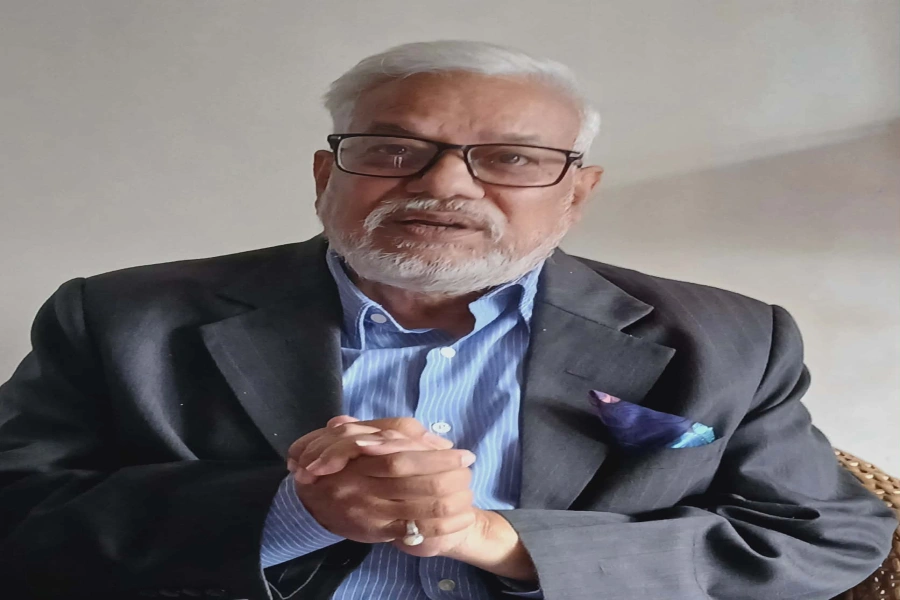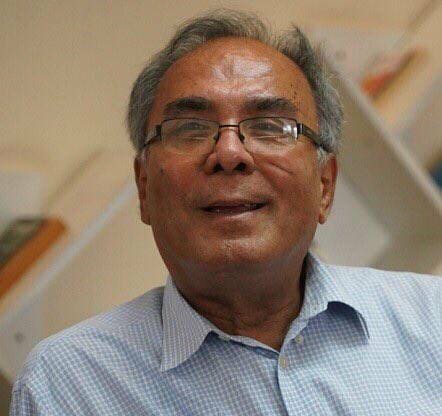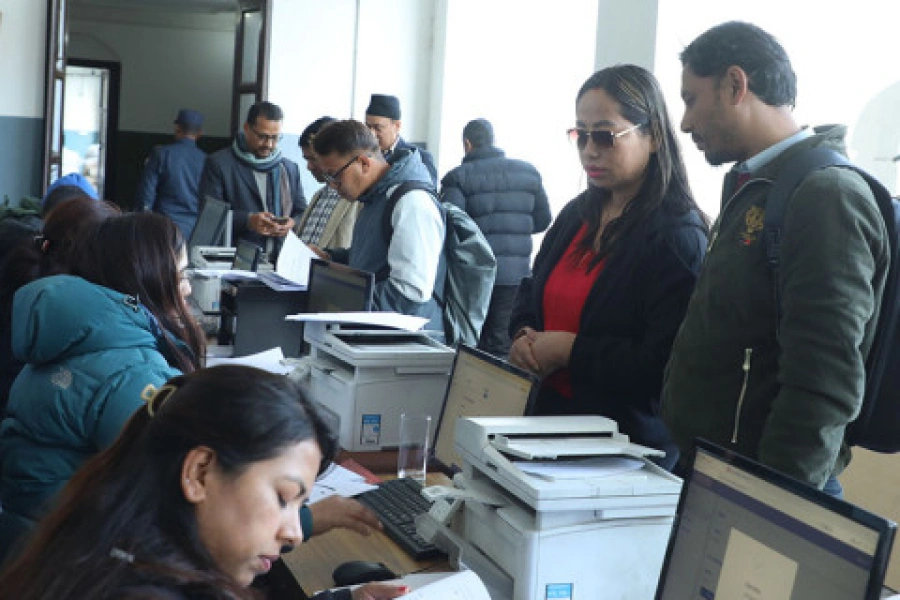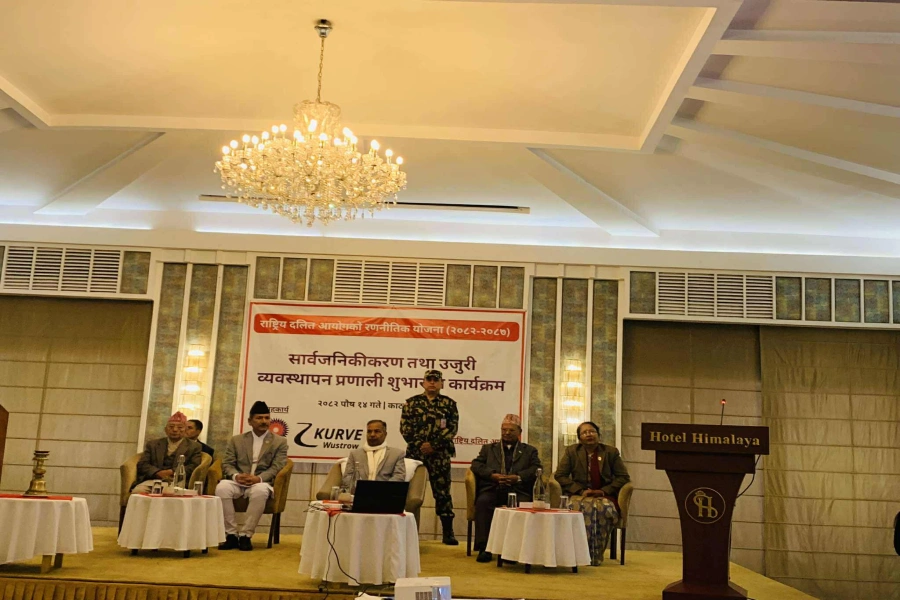The dramatic developments in Bangladesh serve as a stark reminder to leaders everywhere: possessing a parliamentary majority alone is insufficient for enduring political survival. The ousting of Sheikh Hasina after a 15-year tenure as prime minister of Bangladesh underscores that good governance, corruption control, merit-based appointments, and a keen understanding of youth sentiment are crucial. The downfall of leaders who fail to respect the aspirations of their people highlights an undeniable truth: the power of the people is invincible. Hasina’s long reign came to an abrupt end as protesters stormed her palace in Dhaka. Her tenure, marked by significant economic growth, was shadowed by the mass arrest of political opponents, human rights abuses and an overall autocratic approach. Despite her contributions to Bangladesh's economic rebirth, her inability to address growing discontent and demands for reform led to her downfall. This is exactly what had happened to Sri Lanka's president, who had to flee the country amid widespread protests over his failure to deliver good governance and economic stability earlier last year.
Prime Minister Hasina was forced to resign from the post and flee to India for her survival on Monday. This development should be a cautionary tale for political leaders in all parts of the world including Nepal. Hasina's fifth term as prime minister, won in an election boycotted by the main opposition party, exemplifies how survival in power through external support and suppression of political rivals can be perilous. Hasina's autocratic regime under the garb of democratic system, sustained allegedly by India's tacit support and suppression of the opposition parties, could not withstand the mounting internal pressures from an increasingly disillusioned people. Her initial rise to power was marked by her efforts to rescue Bangladesh from military rule, a feat that garnered widespread support. However, her subsequent tenure saw a shift towards autocratic governance. The benefits of Bangladesh's economic rise were unevenly distributed, with 18 million young Bangladeshis still unemployed. Furthermore, the economic accomplishments were overshadowed by the government’s oppressive measures against political opponents and the public. The stark contrast between economic progress and political repression underscores the complex dynamics of governance where economic success alone is not enough to ensure political stability.
Lessons from Southeast Asia

The youth, a significant demographic in Bangladesh, played a pivotal role in the protests that dethroned Hasina. Initially driven by grievances over civil service job quotas, their movement rapidly expanded to broader demands for systemic change. This mirrors global trends where youths are increasingly vocal and active in political movements, driven by aspirations for transparency, accountability, and opportunities. The failure to address their concerns can have dire consequences for any government. Hasina’s downfall is a potent reminder that leaders must not undermine the power of the people. Governance must be inclusive, transparent, and responsive to the needs and aspirations of the populace. The fate of leaders who ignore these principles is evident – they risk being overthrown by the very people they were meant to serve. With the move of Hasina to flee the country, Bangladesh’s army has taken over the government. While we welcome the development where people’s power has triumphed, we also want to see the Bangladeshi army smoothly handing over the power to people’s representatives through a free and fair elections at the earliest possible date.
As Bangladesh navigates through the new political reality following the ouster of Hasina from power, our political leadership in Nepal must heed the lesson that the failure to deliver good governance, control corruption and understand youth sentiments could lead to similar outcomes. The power of the people is an indomitable force, and any attempt to stifle their voice is ultimately futile. Leaders must recognize that their legitimacy and survival depend on their ability to govern effectively and justly. As the musical chair of top leaders of three major parties—Nepali Congress, CPN-UML and CPN (Maoist Center)-- continues for years in Nepal, the events in Bangladesh illustrate the crucial need for our political leaders to respect civil liberty and fulfill the aspirations of their people. The top leaders must make a soul searching whether they are able to bring meaningful changes in the lives of people or just prolong their stay in power to serve their vested interests and the interest of their loyalists. The power of the people, as demonstrated time and again in Nepal as well, is invincible and must be respected. Leaders who fail to do so will find themselves facing the inexorable force of popular discontent and, ultimately, the end of their reign. It is upto our leaders to heed this bitter truth.











_20230315092704.jpg)


